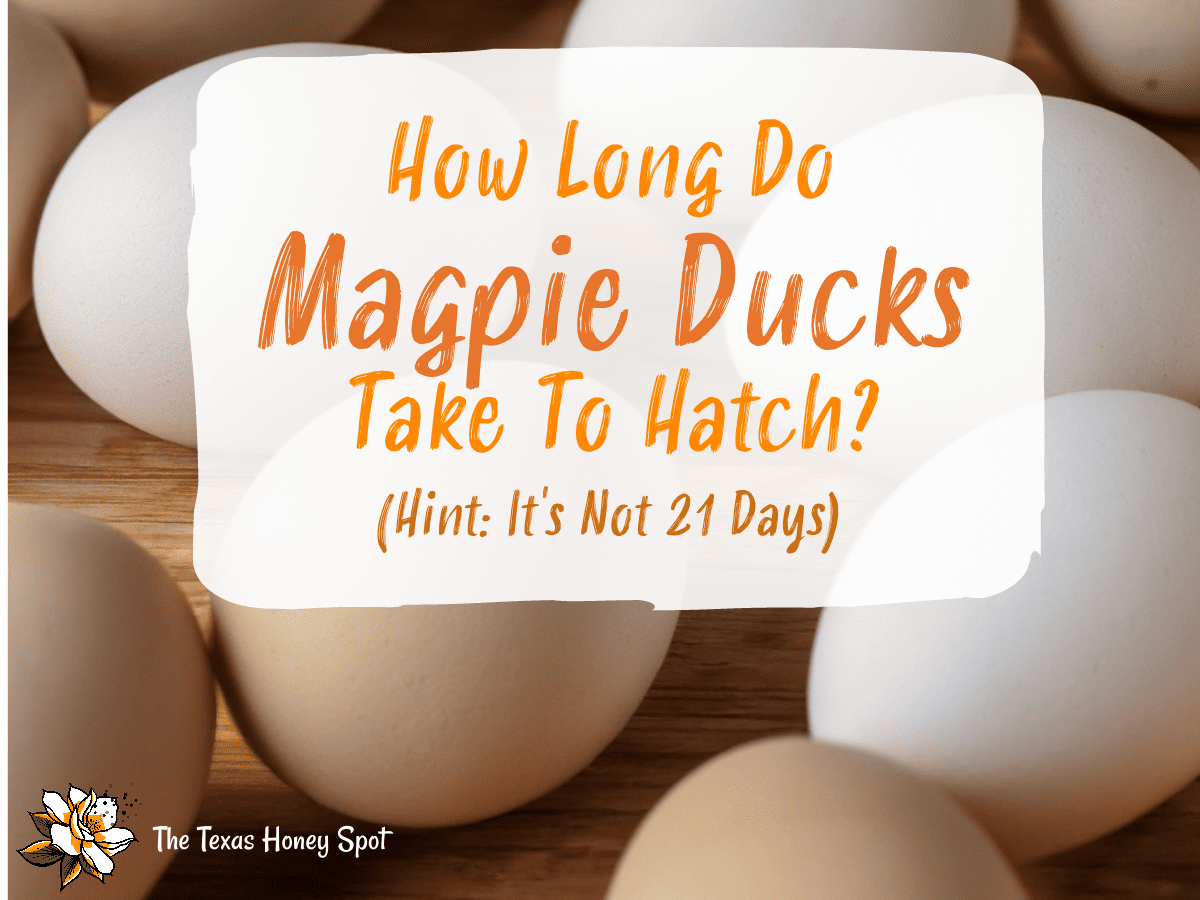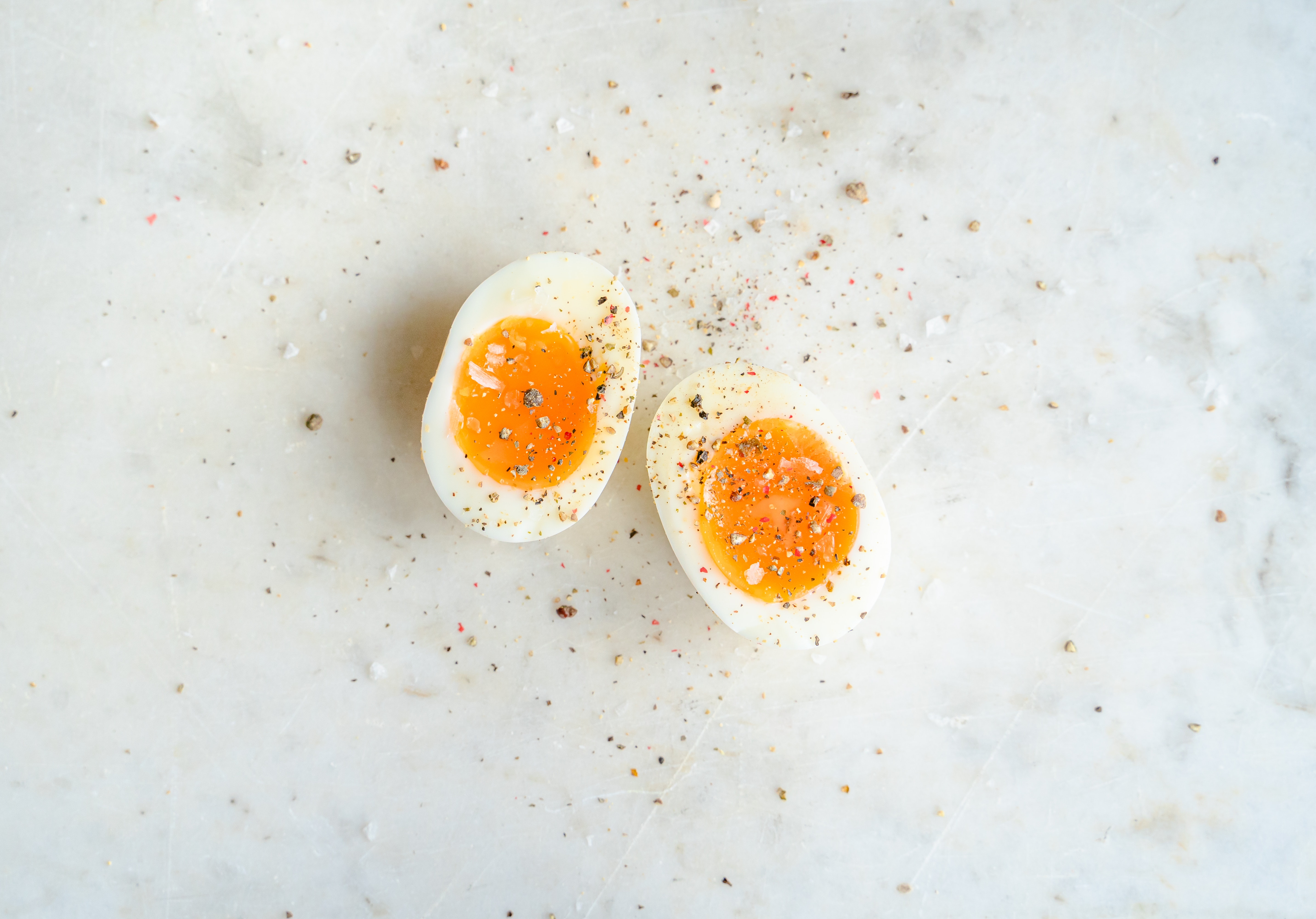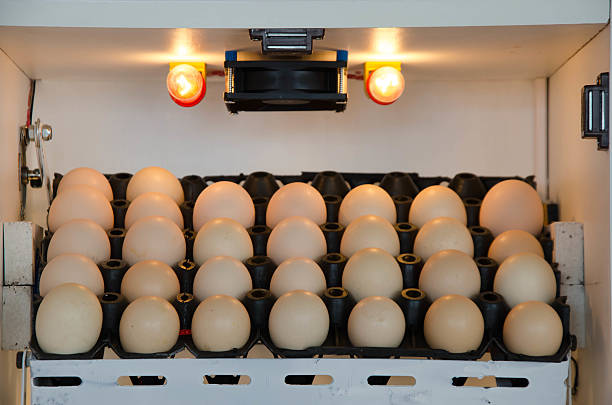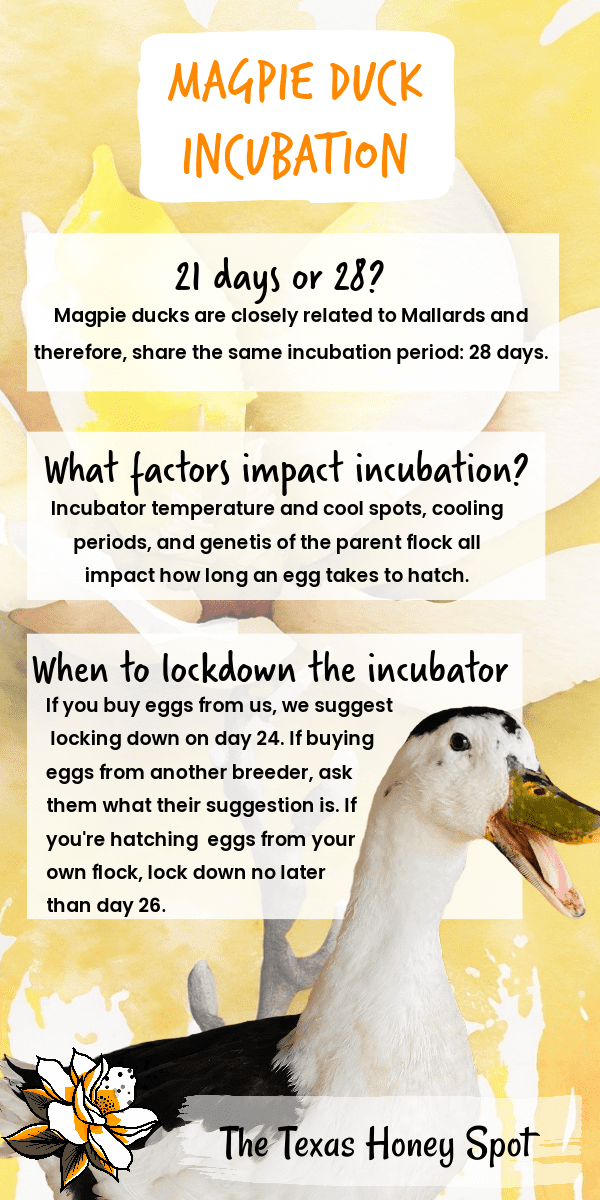
About Magpie Duck Genetics

Understanding that Magpie ducks are closely related to Mallards is key to understanding the incubation period of their eggs. Like lots of other things in nature, the timer for Mallard eggs to hatch is about 28 days. From there, it's easy to extrapolate that Magpies should also take the same amount of time. That's probably a good enough answer for most of you who stumbled across this post, but, if you're curious, the real answer for how long duck eggs take to cook (just kidding, but look how yummy those boiled eggs look!) is not always so straightforward.

Other Factors That Affect Incubation Time
Incubation Temperature: An average part of degree up or down across the whole incubation period can either fast-forward or hit pause on the incubation. This means that eggs incubated at higher temperatures can cumulatively take a day or even several days less to hatch than its identical counterpart that is incubated at a lower temperature.
Incubator Personality: Yup, incubators have personalities! Some are consistent, some fluctuate, and that can make a day or two difference. Specifically, some incubators have "cool spots" such as the Farm Innovators styrofoam incubators that are popular with beginner hatchers. Eggs that are in the cool spots on the corners and in the front row may take a few days longer to hatch than the eggs in the middle.
Flock-Specific Genetics: Ducks, like us, come with unique genetics. The eggs from our own flock of Magpies usually like to hatch on day 26. Many of our customers are surprised by this, even though we warn them ahead of time on our incubation cheat sheet that we provide. The eggs that you may get from other breeders will have their own genetics and might have a slightly different incubation timeline, but for the most part, you'll see hatches happen within 2-3 days on either side of that 28 day mark.
How To Account For Discrepancies in Incubation Time
How To Account For Discrepancies in Incubation Time

While I definitely recommend reaching out to the breeder you got the eggs from and getting incubation and lockdown instructions from them, the best way to know when to put your incubator into lockdown is by candling eggs. Candling eggs can be done with a candling device or, if you're an experienced hatcher, you can use a flashlight. If you're not sure how to candle eggs, there's a wealth of videos online that can show you how. We're in the process of making our own instructional candling video, but until we're done, I suggest heading over to YouTube and there will be some great advice there.
In Conclusion...
In Conclusion...

